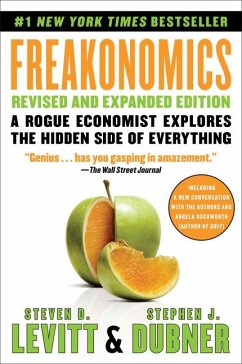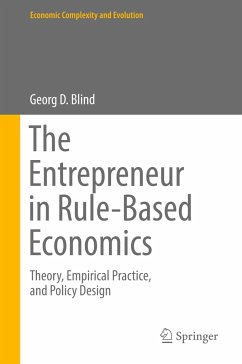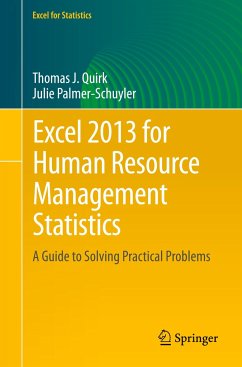
Collaborative Research in Economics
The Wisdom of Working Together
Herausgegeben: Szenberg, Michael; Ramrattan, Lall B.

PAYBACK Punkte
49 °P sammeln!
This collection gathers some of the greatest minds in economics to discuss their experiences of collaborative research and publication. Nobel Prize winners and other eminent scholars from a representative sample of economics' major sub-disciplines share how and why they came to work primarily in partnerships or on their own, whether naturally or by necessity. The contributions include discussions of personal experiences, statistical analyses, different levels of investment, and how the digital age has changed researcher interactions. As budget cuts and resource consolidation make working toget...
This collection gathers some of the greatest minds in economics to discuss their experiences of collaborative research and publication. Nobel Prize winners and other eminent scholars from a representative sample of economics' major sub-disciplines share how and why they came to work primarily in partnerships or on their own, whether naturally or by necessity. The contributions include discussions of personal experiences, statistical analyses, different levels of investment, and how the digital age has changed researcher interactions. As budget cuts and resource consolidation make working together vital in ever more fields of academia, this book offers valuable advice to help young and seasoned scholars alike identify the right co-author(s).












